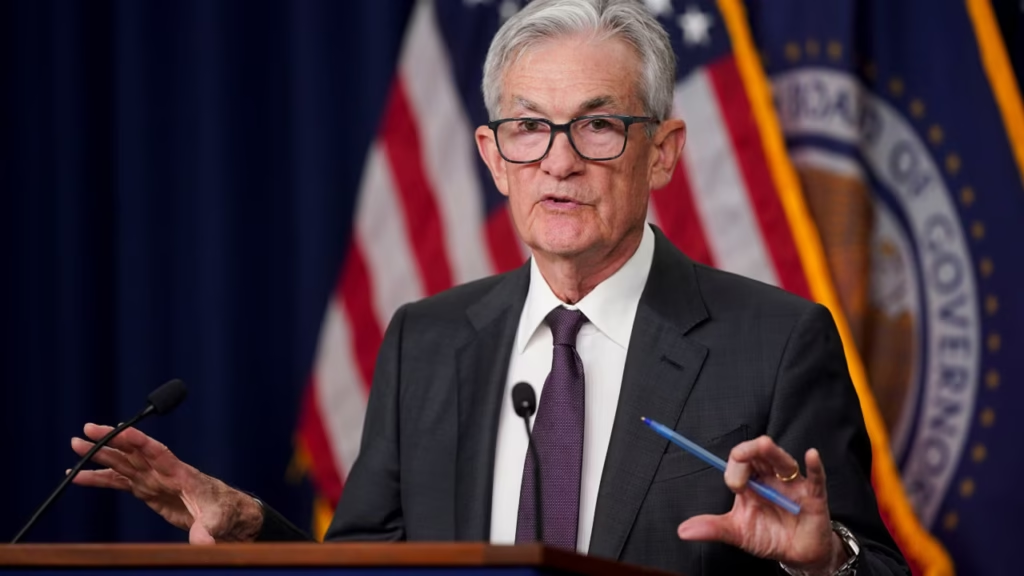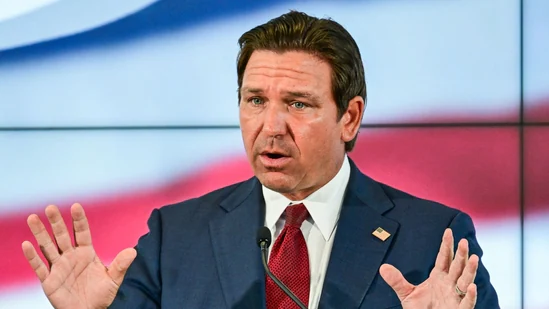Now Reading: Nepal Unrest Nears Indian Border, Trade Disruptions Spark Alert in UP, Bengal, Bihar, Uttarakhand
-
01
Nepal Unrest Nears Indian Border, Trade Disruptions Spark Alert in UP, Bengal, Bihar, Uttarakhand
Nepal Unrest Nears Indian Border, Trade Disruptions Spark Alert in UP, Bengal, Bihar, Uttarakhand

Violent protests gripping Nepal have started affecting India’s eastern and northern borders, blocking key trade routes and stranding vehicles. Border districts from West Bengal to Uttarakhand are now on high alert, as Indian authorities brace for fallout that could ripple across smaller towns and local economies.
Flashpoints at the Border
Anti-government protests in Nepal have spilled over to neighboring regions. At Kakarvitta–Panitanki near Siliguri, demonstrators torched tyres, blocked roads, and set fire to a customs office. Vehicles carrying basic essentials and building materials are stuck in long queues, signaling a halt in supply movement.
Trade Routes Grind to a Halt
An estimated 500 trucks cross this border each day. Now around 200 cargo trucks are stranded, awaiting clearance. The disruption threatens not just metros but also smaller cities in India that depend on steady supplies.
Exits and Entries Under Strain
In Raxaul, usually a lively gateway, the atmosphere has turned tense amid curfew-like conditions in the adjoining Nepali town of Birgunj. Around 50 tourists pulled their plans, and security forces are advising people to avoid crossing over for now.
India Ramps Up Security
Authorities in Uttar Pradesh have activated protocols in seven border districts—Pilibhit, Lakhimpur Kheri, Bahraich, Shravasti, Balrampur, Siddharthnagar, and Maharajganj. Senior police officials say they’ve set up 73 checkpoints and deployed round-the-clock patrols to manage movement and avert escalation. Meanwhile, Uttarakhand’s Pithoragarh district remains on alert, with locals anxious about families just across the porous border.
What This Means for India’s Smaller Towns
Tier-2 and Tier-3 cities often rely on the seamless flow of goods from border entry points. Disruptions now could delay essential deliveries and slow down construction projects that sustain local economic activity. Any prolonged gridlock might push up the cost of staples and building materials, affecting households and small businesses alike.
Wrapping Up
The unrest in Nepal serves as a reminder that political instability knows no borders. For communities in eastern and northern India, especially in smaller towns, the security situation is not just headline news—it’s a reality with direct impact. As officials strive to keep borders secure and supply lines open, the priority remains clear: safeguarding both peace and economic normalcy.

























